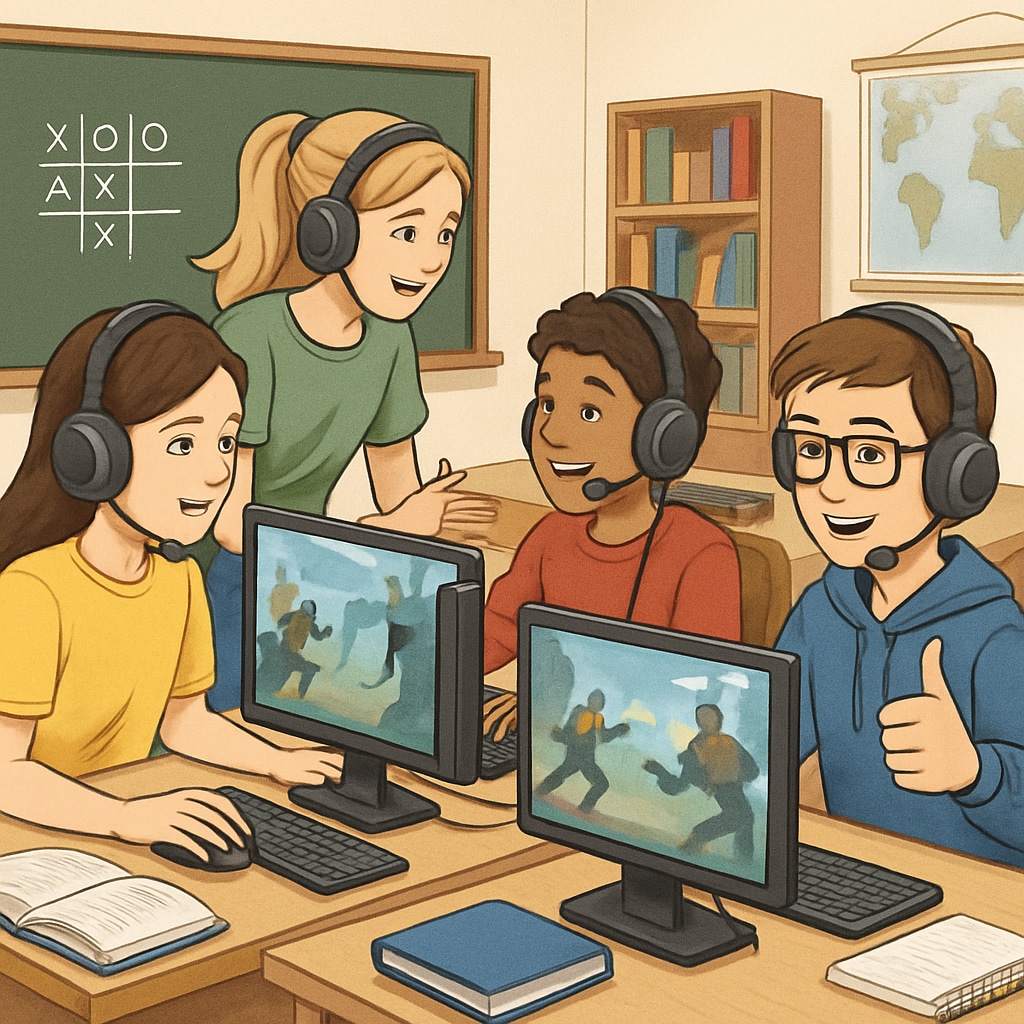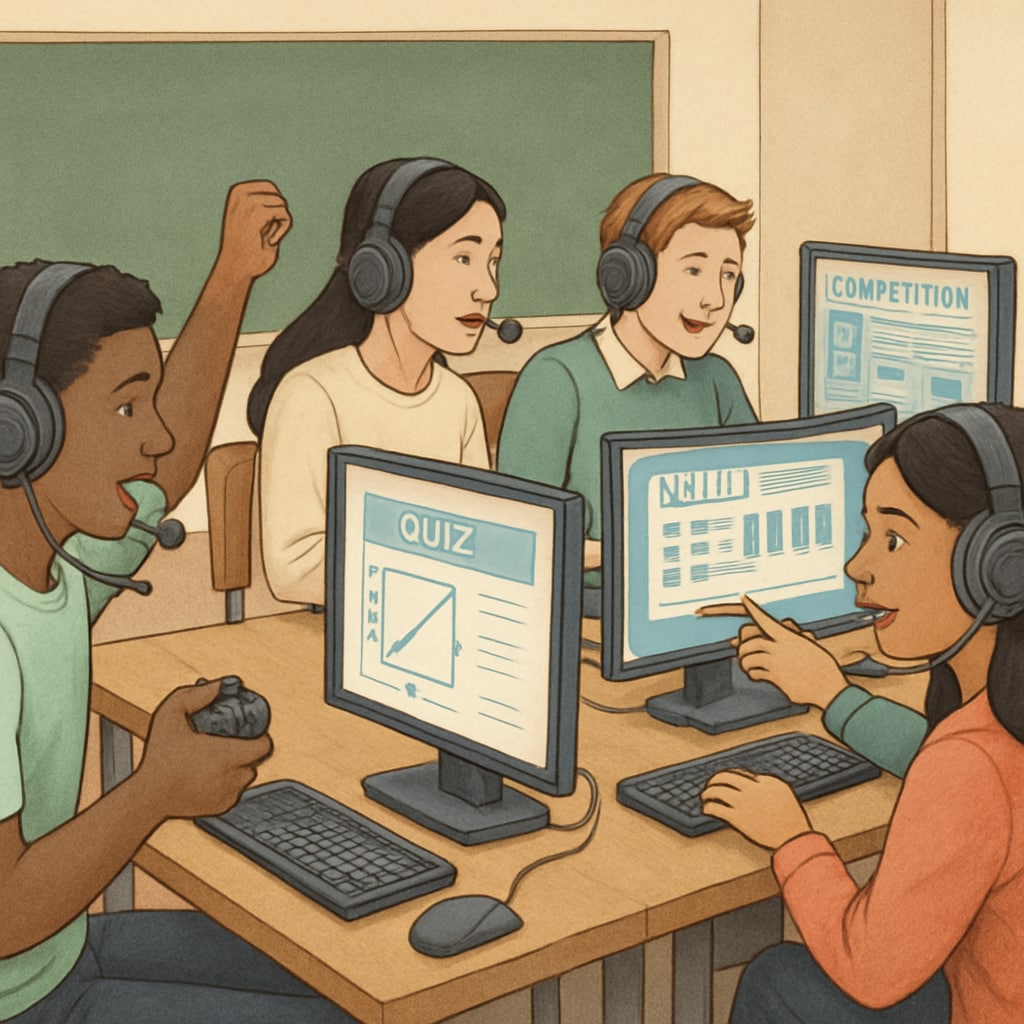In recent years, the intersection of technology and education has given rise to groundbreaking initiatives. One such development is the partnership between GameClass and NASEF (North America Scholastic Esports Federation), which is reshaping the landscape of K12 education through game-based learning and esports education. By leveraging video games as a medium to connect students with core academic subjects, this collaboration is engaging young learners in innovative, meaningful ways. With over 9,000 esports clubs globally participating, this initiative is not just about playing games—it’s about learning through them.
Esports and Education: A Perfect Match for K12 Students
The integration of esports into education might seem unconventional at first glance. However, when examined closely, it becomes clear why this model has captured the attention of educators worldwide. Esports naturally fosters skills such as collaboration, critical thinking, and strategic planning—all of which are essential in academic and professional settings. GameClass and NASEF have taken these inherent qualities of esports and amplified them by embedding educational content into gameplay.
For example, students participating in esports clubs may encounter challenges that require mathematical problem-solving, scientific reasoning, or even historical analysis. By framing these academic concepts within the context of gaming, educators can make learning more relatable and engaging. Additionally, esports clubs provide a community-driven environment where students build social skills and teamwork, fostering personal and interpersonal growth.

GameClass and NASEF: A Strategic Partnership
The collaboration between GameClass and NASEF is a testament to the transformative potential of esports in education. GameClass offers a sophisticated platform for game-based learning, while NASEF provides the organizational framework for scholastic esports clubs. Together, they are introducing thousands of students to an innovative curriculum that bridges the gap between entertainment and education.
Key elements of this partnership include:
- Curriculum Integration: Academic subjects like mathematics, language arts, and science are seamlessly integrated into esports activities, creating an engaging learning experience.
- Global Reach: With over 9,000 esports clubs participating, the initiative spans multiple countries, making it a truly global educational movement.
- Skill Development: Beyond academics, students develop valuable life skills such as leadership, communication, and adaptability.
This collaboration is not only preparing students for traditional academic success but also equipping them with the competencies required for the emerging digital economy.

The Future of Esports Education
As esports continues to grow in popularity, its integration into education will likely expand further. GameClass and NASEF are paving the way by demonstrating the immense benefits of combining gaming with learning. Schools and educators who embrace this model can provide students with a well-rounded educational experience that is both enjoyable and impactful.
Moreover, esports education opens doors for career opportunities in fields like game development, digital marketing, and data analytics. By introducing students to these industries early through their gaming interests, educators can inspire the next generation of innovators and leaders.
While challenges such as screen time management and inclusivity remain, the success of initiatives like GameClass and NASEF shows that these obstacles can be addressed through thoughtful implementation. As a result, esports education is poised to become a cornerstone of modern K12 learning environments.
In summary: The partnership between GameClass and NASEF represents a new era in education, where gaming is not merely a pastime but a powerful tool for academic and personal development. By connecting core subjects to the dynamic world of video games, they are ensuring that students everywhere have access to learning experiences that are as enriching as they are exciting.


